Ten men, one goal, and a season finally up and running
Down a man for an entire half and under stress right to the whistle, Lecce still found a way. A 26th-minute strike from Nikola Krstovic and a gutsy defensive shift delivered a 1-0 win over Cagliari, their first victory and first points of the season after bruising losses to Atalanta and Inter had left them stuck at the bottom. Luca Gotti’s side didn’t just win; they refused to fold.
The tone was set early. Cagliari’s Yerry Mina misread a ball in the seventh minute, gifting Krstovic a clean run at goal. The Montenegrin forward hesitated in the one-on-one and, as the angle closed, a backtracking defender scrambled it off the line. A let-off for the visitors, and a warning Lecce might actually have joy in transition.
The breakthrough arrived on 26 minutes. Gaspar found a gap on the flank and slid a precise low pass into the box. Krstovic attacked the near channel, met it first time, and guided his finish beyond the goalkeeper. Simple movement, ruthless timing. From there, Lecce’s plan sharpened: compress the space, protect the middle, and play forward fast when they could.
Then came the jolt. On the stroke of halftime, Patrick Dorgu was shown a red card, turning a well-managed lead into a survival act. Gotti reorganized on the fly—two compact lines, the striker working alone up top, and wingers asked to drop deep. The home crowd understood the task: 45 long minutes of concentration.
Falcone’s gloves, a steel block, and Cagliari’s near-misses
With the numerical edge, Cagliari controlled long stretches after the break, but control didn’t equal clarity. Lecce’s block denied the obvious pass into central areas, forcing wide deliveries and hopeful cut-backs. When the visitors did pierce the crowd, they ran into Wladimiro Falcone—calm footwork, strong wrists, and zero panic.
The key flashpoint came from point-blank range: Paulo Azzi powered a header toward the corner, and Falcone somehow got across to touch it onto the upright. It was the kind of reflex save that changes the mood in a stadium. Cagliari kept coming. In the 85th minute, Zito Luvumbo bent a vicious low effort at the near post, only for Falcone to drop and glove it away with one firm touch. Minutes later, Nicolas Viola pounced on a second ball inside the box and smashed a rising shot off the crossbar. The goal led a charmed life, yes, but the goalkeeper earned that luck.
The final stretch was about discipline. Lecce’s wingers tracked full-backs to the byline. Midfielders slid across in unison, closing passing lanes instead of diving into risky tackles. Krstovic churned through lonely yards up front, buying seconds at a time with smart hold-up play and the odd foul drawn. Fresh legs from the bench helped them defend the box with numbers, and the clock did the rest.
Context matters here. Coming off heavy defeats, Lecce needed more than a result—they needed a reset. They got it: a clean sheet built on structure and courage. Krstovic’s finish will get the line, but Falcone’s saves carried the weight. The goalkeeper was one of Serie A’s busiest shot-stoppers last season, and he looked every bit that presence again.
For Cagliari, this is a frustrating step back after steady draws against Roma and Como. They had territory, they had the extra player, and they hit the woodwork twice. What they lacked was the final pass through traffic and the finishing touch in a crowded penalty area. On nights like these, a set piece or a deflection is often the difference. They got neither.
Zoom out and the stakes are clear. Both clubs expect to be fighting in the bottom half, where head-to-heads like this feel bigger than the calendar says. Lecce banked three priceless points and a heavy shot of belief. Cagliari leave with a lesson: a man up doesn’t guarantee a way through a well-drilled low block, especially when the keeper is seeing everything.
Key moments that shaped the game:
- 7’ – Mina’s mistake frees Krstovic, but a desperate clearance off the line keeps it 0-0.
- 26’ – Krstovic times his run and finishes first time from Gaspar’s low pass for 1-0.
- 45’ – Dorgu sent off, forcing Lecce to play the entire second half with ten men.
- Second half – Falcone tips Azzi’s close-range header onto the post; later palms away Luvumbo’s near-post strike.
- Late on – Viola crashes a loose ball off the crossbar as Cagliari pile on the pressure.
Tactically, Lecce’s shift after the red card was clear: narrower lines, reduced risk in build-up, and quick balls into channels to relieve pressure. Cagliari tried to flip it with width and higher full-backs, but without enough runners between the lines, their crosses met a wall of defenders and a keeper in rhythm.
It wasn’t pretty. It didn’t need to be. In games like Lecce vs Cagliari, survival instincts take over. One clean strike and a lot of hard running sent the crowd home happy—and nudged a shaky season onto steadier ground.

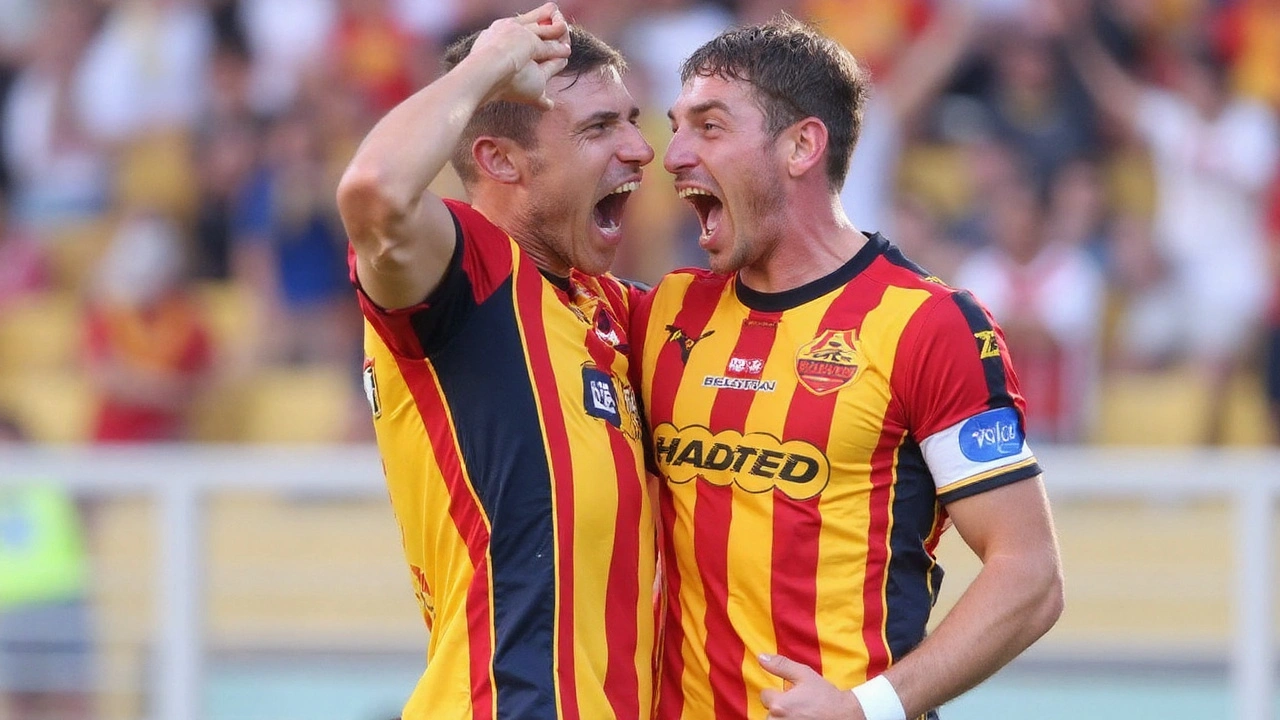
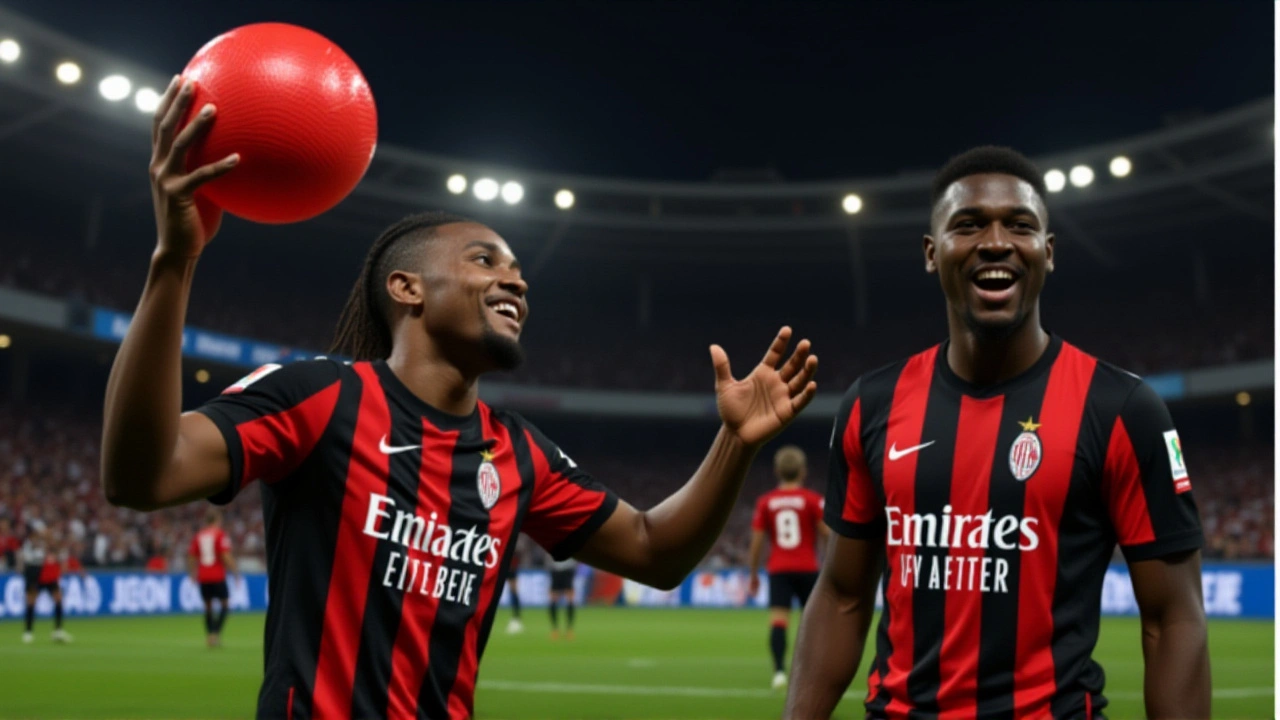

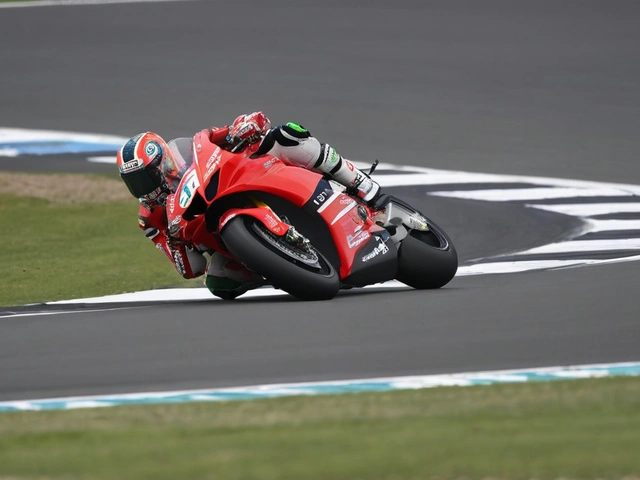

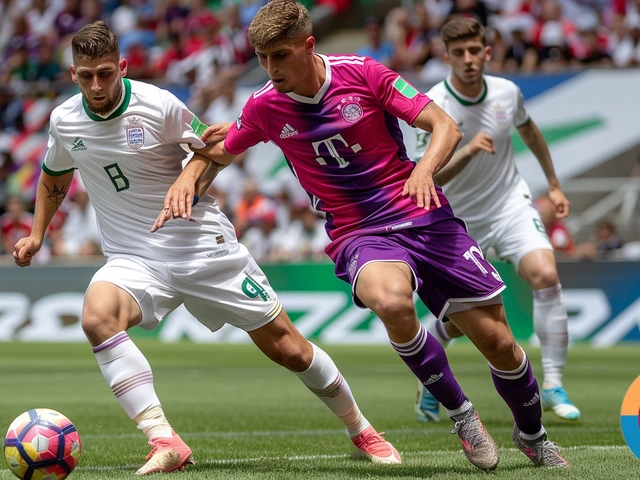
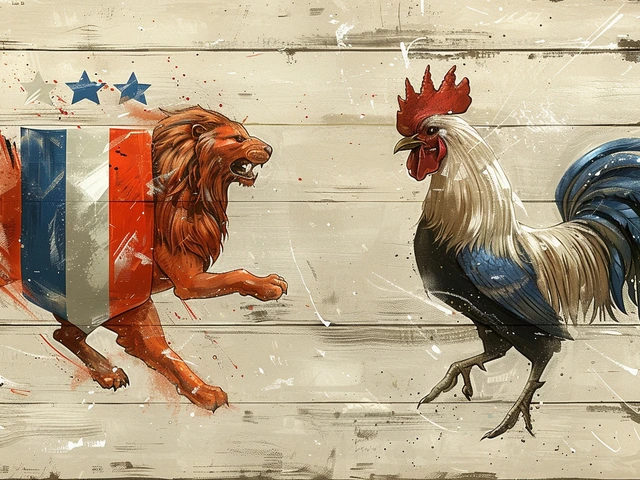
15 Comments
Honestly, Lecce’s 1‑0 win looks like a textbook case of desperation masquerading as brilliance. Krstović’s strike was the sole spark, but the real story is how the team cobbled together a defensive wall after Dorgu’s sending off. It’s not poetry; it’s sheer grind, a stark reminder that Serie A’s lower echelons thrive on opportunistic grit rather than aesthetic flair. One could argue the performance was a miracle, but I’d label it a statistical anomaly waiting to be corrected.
Behold, the drama that unfolded on that sun‑baked pitch-a single goal, a solitary red card, and the very soul of football laid bare! The elegance of Krstović’s finish, the terror of Falcone’s reflexes, all combined into a theatrical masterpiece that would make Shakespeare weep. One cannot help but feel the weight of destiny upon each player as they waged battle for survival. Such moments, dear readers, are the lifeblood of the beautiful game, echoing through the annals of history.
From a tactical standpoint, Lecce’s shift after the halftime whistle was spot‑on. Dropping the wingers deeper helped compress the midfield and denied Cagliari space between the lines. Krstović’s hold‑up play was crucial in allowing the team to retain possession under pressure, while Falcone’s positioning turned potential one‑on‑ones into easy saves. The red card forced a more compact shape, which in turn made the low‑block more impenetrable, illustrating the value of adaptive game‑management.
Nice win.
While many will hail this as a heroic triumph, one might question whether luck, rather than skill, was the predominant protagonist. The ball ricocheting off the post twice could be read as Fate’s mischievous grin, subtly undermining the narrative of sheer dominance. It is tempting to idolize the ten‑man defense, yet perhaps the underlying strategy was merely a desperate scramble for order amidst chaos. In the grand tapestry of football, such moments remind us that certainty is a fragile illusion.
Let me be crystal‑clear: Lecce showed more fight than most clubs show all season, and that is commendable. Falcone’s heroics were nothing short of a masterclass in shot‑stopping, and the backline’s discipline kept the clean sheet intact. This win should be celebrated as a rallying cry for anyone who believes underdogs can still roar.
Seeing Lecce pull off a win with ten men on the pitch is a vivid reminder of why Italian football is steeped in passion and tactical nuance. The southern spirit of resilience shone through, especially when the manager restructured the formation on the fly. It’s a testament to the cultural fabric that teams here never surrender, even when the odds are stacked against them.
The match, when dissected through a lens of advanced performance metrics, reveals a layered narrative that transcends the superficial 1‑0 scoreline. Firstly, the Expected Goals (xG) for Lecce hovered around 0.42, indicating that Krstović’s goal was statistically above expectation, a valuable edge in a low‑scoring fixture. Conversely, Cagliari’s xG stood at approximately 0.68, suggesting they created higher quality chances but were thwarted by a combination of elite goalkeeping and sheer bad luck. The pressing intensity, measured by Passes Per Defensive Action (PPDA), spiked after the red card, showcasing Lecce’s switch to a more compact block, which in turn lowered the opposition’s passing success rate in the final third. Moreover, the Expected Assists (xA) metric highlights Gaspar’s low‑risk pass as a key catalyst, offering a 0.12 xA contribution that manifested in the decisive strike. In terms of defensive actions, Falcone’s saves yielded a Save Percentage of roughly 85%, markedly higher than the league average of 73%, reinforcing his pivotal role. The team’s cumulative distance covered increased by 6% in the second half, evidencing the added physical exertion required to compensate for the numerical disadvantage. Ball recovery statistics further illustrate Lecdu's discipline; they secured 13 recoveries compared to Cagliari’s 7, effectively disrupting the opponent’s build‑up play. Spatial analysis using heat maps indicates a pronounced shift of Lecce’s midfield zone towards the defensive third post‑card, a tactical adjustment that clogged central channels and forced width on the opposition. The aerial duel success rate, at 62% for Lecce, underscores their effectiveness in defending set‑pieces despite being a man down. From a psychological standpoint, the momentum swing following the red card can be quantified by a positive Expected Threat (xT) delta for Lecce, a rare occurrence for teams on the back foot. Discipline metrics show that Lecce received only one yellow card, reflecting a controlled aggression that contrasted with Cagliari’s higher card count. The substitution pattern also mattered; the introduction of fresh legs in the latter stages helped sustain defensive solidity and maintain pressing pressure. By the 85th minute, fatigue appeared to set in for Cagliari, as evidenced by a 12% drop in their pass completion rate in the final third. Finally, the post‑match Expected Points (xP) model adjusted Lecce’s season outlook upward by 0.3 points, a modest yet significant shift given their early‑season struggles. In sum, the data paints a picture of a meticulously executed defensive masterclass, amplified by opportunistic attacking efficiency and a goalkeeper operating at an elite level.
It is disheartening to witness how a team can rely on a single moment of luck and still claim victory, especially when the spirit of fair play seems secondary to survival. The red card incident should serve as a reminder that discipline on the field is a moral responsibility, not just a tactical inconvenience. Fans deserve to see sport celebrated for its integrity, not glorified for reckless desperation. Let us hope future matches prioritize respect over opportunism.
What a roller‑coaster! 🎢 Lecce showed true grit, and Falcone was basically a wall of steel! 🙌 The fans must be buzzing after that nail‑biting finish.
Lecce held firm after the sending off the defense stayed compact and Krstović got the early goal it was enough to win
Wow, what a game!, the tension was palpable, the fans were on the edge of their seats, and the outcome? A single, decisive strike that changed everything, yet the defensive discipline displayed by Lecce, especially after being reduced to ten men, was nothing short of exemplary, truly a lesson in resilience, strategy, and collective will.
Lecce earned a hard‑fought win.
This result is a clear demonstration of why tactical discipline trumps raw talent; any team that can organize a low‑block under pressure deserves recognition, and Lecce’s execution today proves that the right system can neutralize numerical disadvantage, setting a benchmark for others.
Frankly, the article glosses over the fact that Cagliari’s lackluster approach was a self‑inflicted wound, and Lecce’s win, while commendable, is hardly a sign of superiority-just a fleeting moment in a season that will likely expose deeper flaws.